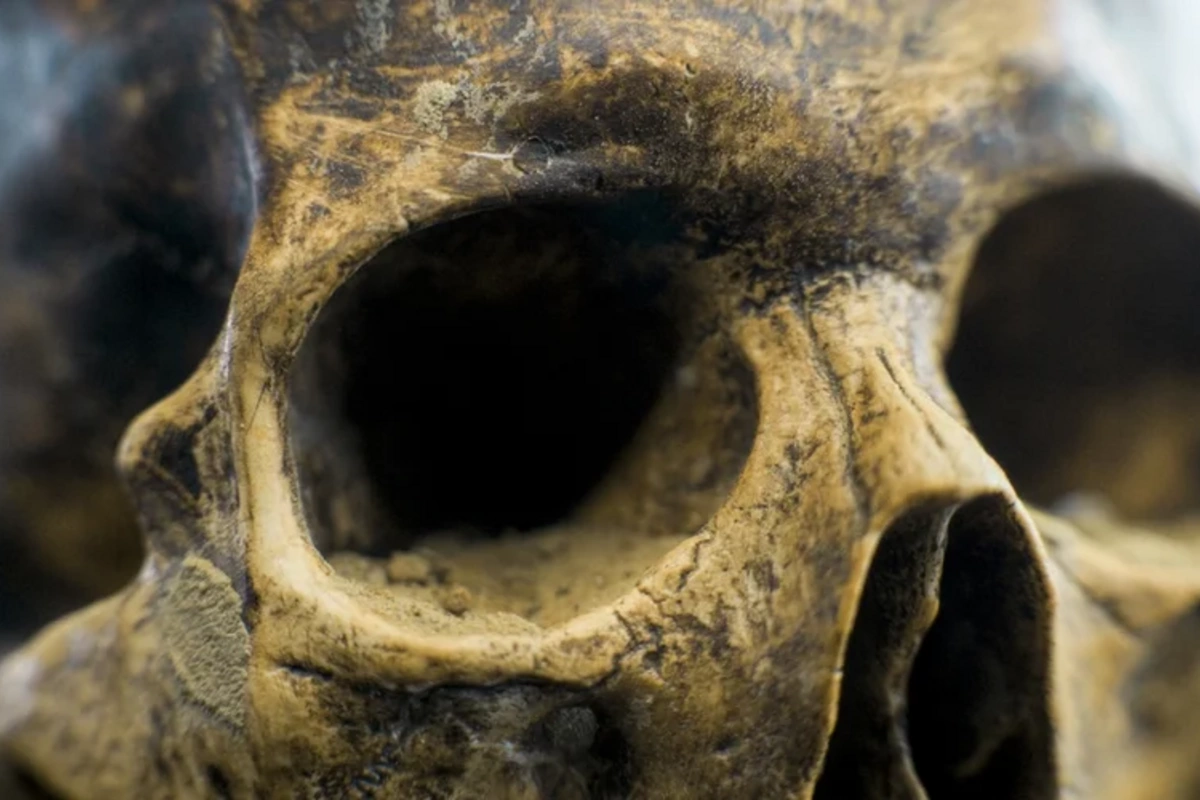Skull of unknown ancient human species found in China

An ancient human skull found in China belongs to a previously unknown human species, scientists have announced. The object, named Maba 1, was discovered in 1958 in a cave in Guangdong province. Its age is estimated at 300,000 years.
As reported by BAKU.WS with reference to Mir24, preliminary studies suggested that the skull might have belonged to a Neanderthal. The authors of the new scientific work conducted the first detailed analysis of the internal structures of the skull, including sinuses, meninges, and diploic veins. Computer tomography was used for this purpose.
The results showed that the skull possesses a number of features common to many other archaic hominids. But it cannot be attributed to any specific species.
Thus, the general morphology was closer to H. erectus. But the frontal lobe was too small for Homo erectus. The scientists also did not identify features characteristic of Neanderthals, and the hominid's brain was much smaller than that of Denisovans.
Scientists noted that during the Middle Pleistocene (780-126 thousand years ago), a large number of "intermediate" human species lived on Earth. Creatures similar to Homo sapiens inhabited Morocco and Tanzania, and a variety of Homo heidelbergensis was found in Zambia. Interestingly, Maba 1 turned out to be similar to African hominids, although it lived very far from them. Scientists have tentatively designated it as a "non-erectus" hominid.
Similar News
Trump confirmed that he invited Putin to the "Peace Council"
US President Donald Trump confirmed that he sent an invitation to his Russian counterpart Vladimir Putin to join the "Peace Council" for resolving the situation...




 Azərbaycanca
Azərbaycanca  По-русски
По-русски  English
English 





